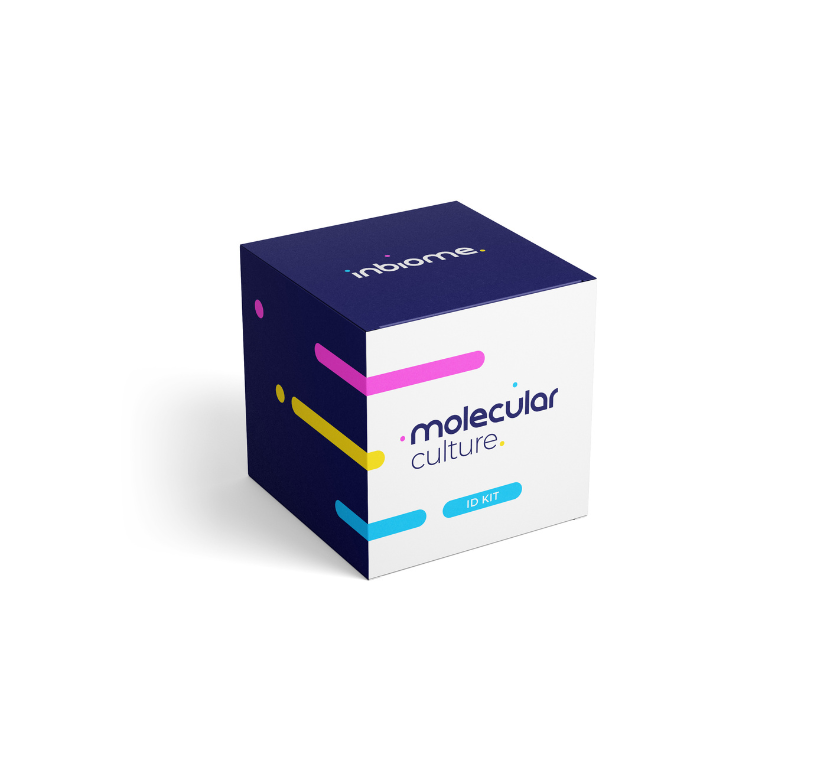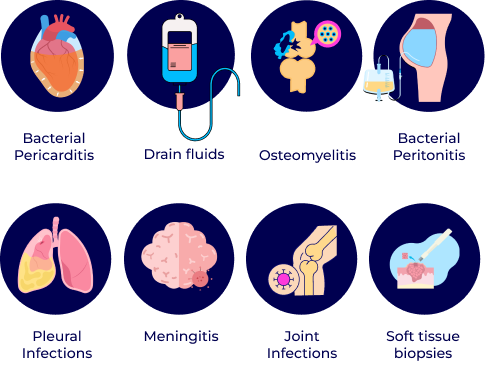Radically accelerating human healthcare
inbiome is a pioneer in molecular diagnostics. Our patented Molecular Culture technology enables drastically faster bacterial diagnostics and microbiome analysis. This creates the opportunity to radically accelerate human healthcare.

Pushing for preventive healthcare.
inbiome’s Molecular Culture technology provides fast and accurate bacterial diagnostics, reducing time-to-result from days to hours. The timely delivery of actionable information enables healthcare professionals to make informed decisions that contribute to enhanced patient care.
Diagnoses can be made within hours, rather than days. Patients would be able to recover faster, fewer complications would occur, and the duration of hospital stays would be dramatically reduced, ultimately reducing healthcare costs while improving patient outcomes.

A radical change in bacterial diagnostics.
Unlike culture or traditional PCR-based methods, Molecular Culture® is not selective. Because of this clinicians do not need to decide in advance which bacteria to look for. Even unknown, uncultivable, or antibiotic-treated bacteria can be easily detected. It is more sensitive and accurate than traditional culture; 20% more positive samples are correctly diagnosed, reducing false negative outcomes with traditional culture.
Molecular Culture®, our proprietary profiling technique, allows us to reliably characterize complex communities of bacteria. Automatically detecting all bacteria within a few hours. Meaning radically faster and more accurate diagnostics compared to traditional culture.
Results in hours
Single bacterium accuracy bacteria
All species found including unknown
Identifies antibiotic treated
Optimized for Joint Aspirates.
Molecular Culture® is now optimized for Infectious Disease Diagnostics in joint aspirates. Creating groundbreaking results and reactions:
